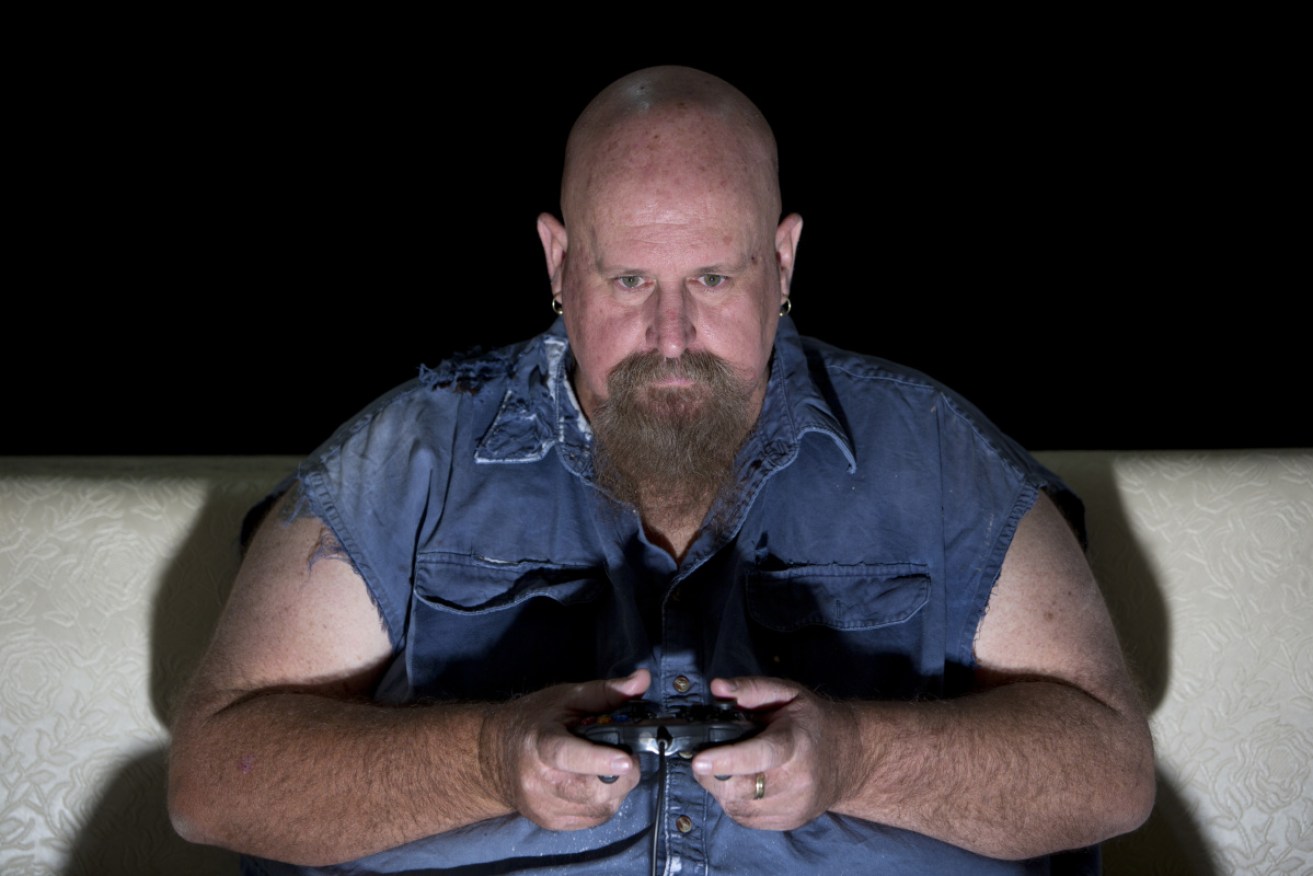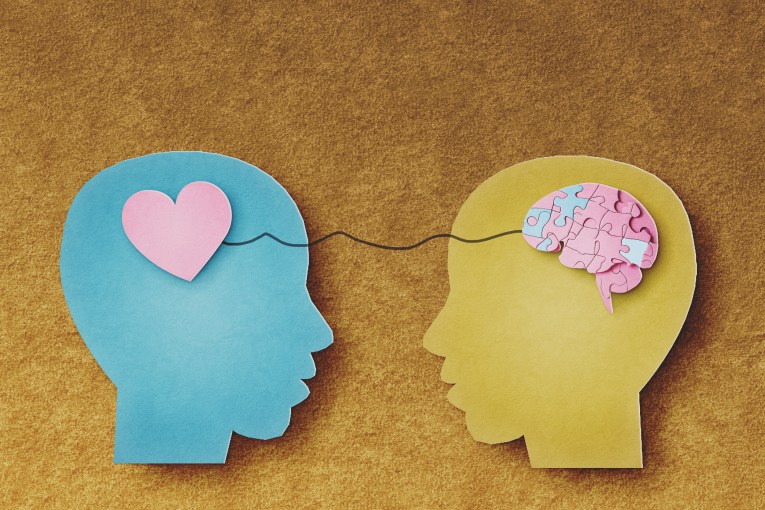Sweet as: The video game that helps you cut down on sugar and lose weight


Researchers found that a video game targeting sugar addiction motivated players to lose weight. Photo: Getty
Researchers have developed a “brain-training” video game that helps people cut down on sugar – and consequently lose weight, at least in the confines of the experiment.
The study is lent some support by separate research that found computer-based brain training doesn’t improve cognitive performance – but may be of use to people struggling with addictions.
That includes the average Australian adult whose diet is 35 per cent discretionary calories – such as chocolates, lollies and soft drinks.
Sugar makes up one fifth of Aussie diet
The World Health Organisation recommends that added sugars be limited to a maximum of 10 per cent of people’s daily energy – and ideally no more than five per cent, or six teaspoons per day.
According to the National Heart Foundation, total sugar consumption – added and naturally occurring sugar in dairy and fruit – contributed to an average 20 per cent of total energy intake for adults aged over 19 years.
That’s four times more than what’s good for us.
Will a video game help rest the urge to hoover up a Mars bar?
It’s a somewhat counter-intuitive development given that it’s been well established that obesity and gaming trends in teenagers run parallel to one another.
Teenage boys were especially prone to spontaneous eating after playing video games for an hour – despite no changes in perceived hunger and appetite.
So what gives?
The difference here is that the Drexel University researchers built sweet avoidance into their game, and prescribed playing it in two short sessions daily as a kind of training. Similar games have been developed – including an Australian app – to help people quit smoking.
The Quit organisation actually advises playing video games – but more as a distraction from smoking than offering some brain-changing effect.
The Drexel trial randomised 109 participants who were overweight and ate sweets.
According to a statement from Drexel University, participants attended a workshop before starting the game to help them understand why sugar is detrimental to their health and to learn strategies for following a no-sugar diet.
The video game was a motivator
The researchers “hypothesised that participants would need an extra tool to help manage sweets cravings” – in addition to the weight-loss program provided to test participants.
Dr Evan Forman, a psychology professor in Drexel University’s College of Arts and Science, said, in a prepared statement: “The daily trainings could make or break a person’s ability to follow the no-added-sugar diet. They strengthen the part of your brain to not react to the impulse for sweets.”
Participants played the game on a computer for a few minutes every day for six weeks and then again once a week for two weeks.
In the game, players move as quickly as possible through a grocery store with the goal of putting the correct food (healthy foods) in a grocery cart, while refraining from choosing the incorrect foods (their preferred sweet).
Points were awarded for correct items placed in carts.
For more than half the participants, who showed higher preferences toward sweets, playing the game helped them lose as much as 3.1 per cent of their body weight over eight weeks.
Participants also indicated that they found the daily training satisfactory, that it became part of their daily routine and that they wished to continue the trainings if they were available.
“The study’s findings offer qualified support for the use of a computerised cognitive training to facilitate weight loss,” Dr Forman said.
Maybe.
What it might show instead – as shown in previous studies – is that new habits tend to override old ones.
Do it again, do it again
And, according to new and less flashy research from the universities of Warwick, Princeton and Brown, forming new habits requires little more than repetition – “repeating actions until they stick” – be it the playing of a computer game or getting off the couch and heading to the gym.
What’s most interesting – and encouraging – about this research is that forming even bad habits “depends more on how often you perform an action than on how much satisfaction you get from it”.
It’s worth noting that a completely no-sugar diet isn’t recommended by anyone of a medical persuasion, but is more often pushed by wellness gurus.
Tales of disastrous failure abound, with the net result people, newly discouraged, tend to be less motivated to tackle their sugar intake sensibly.








